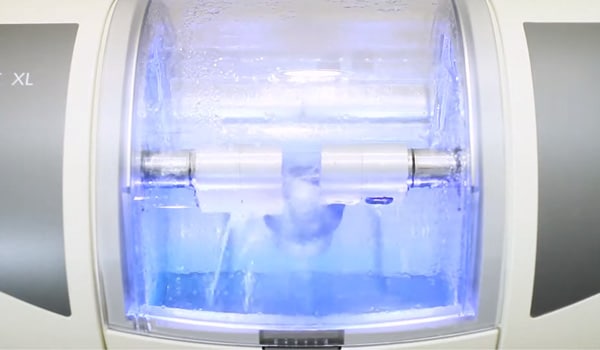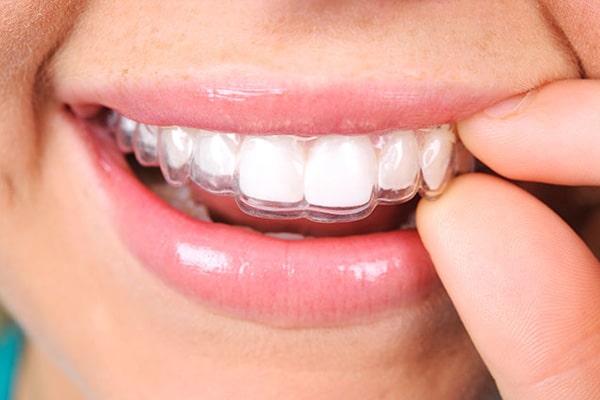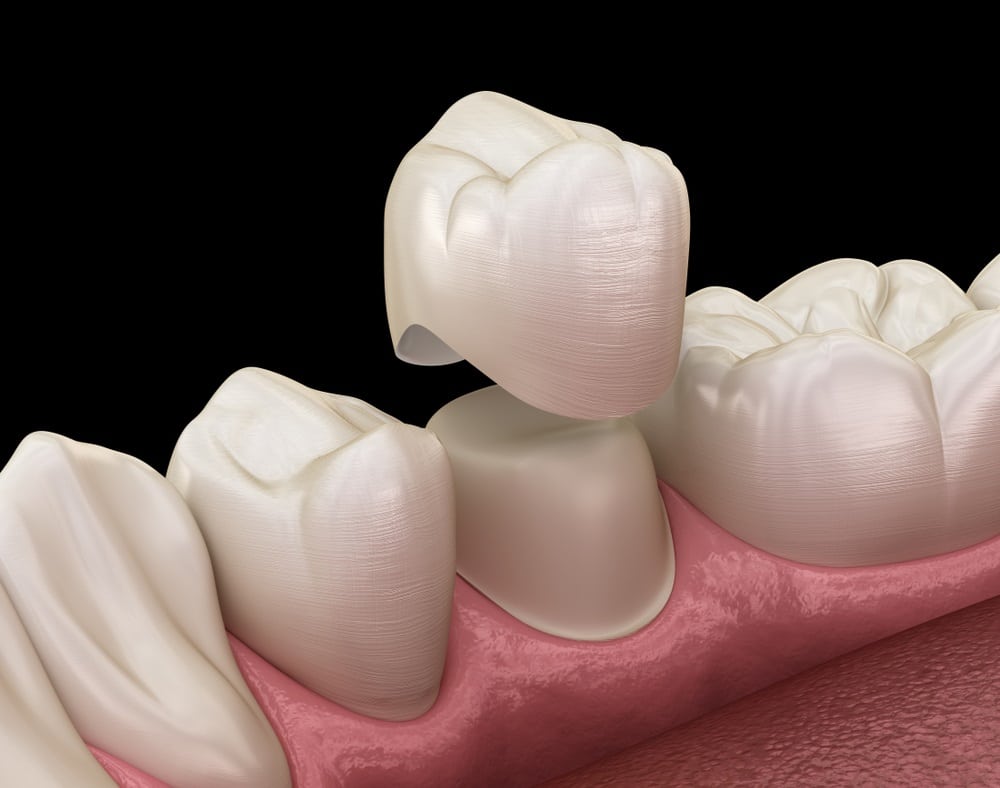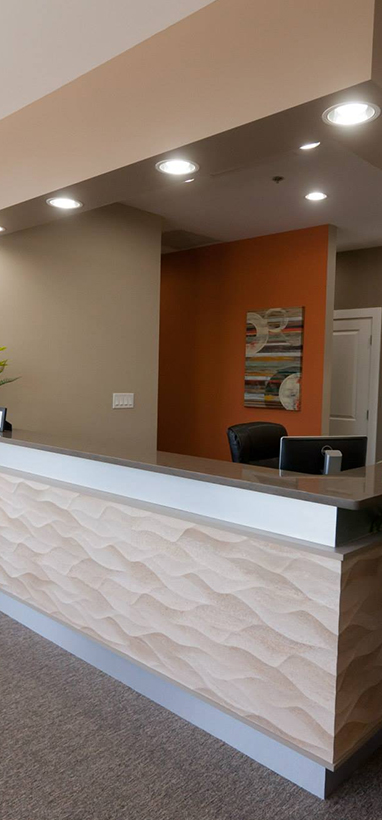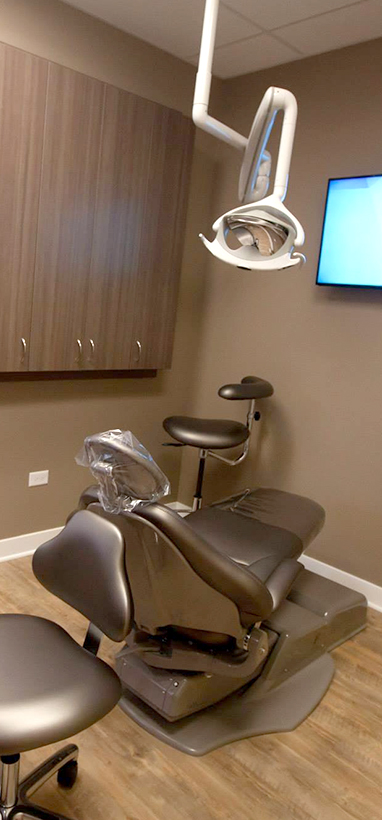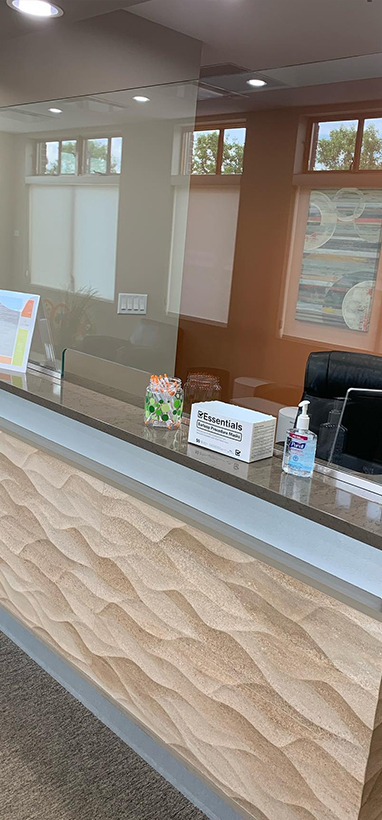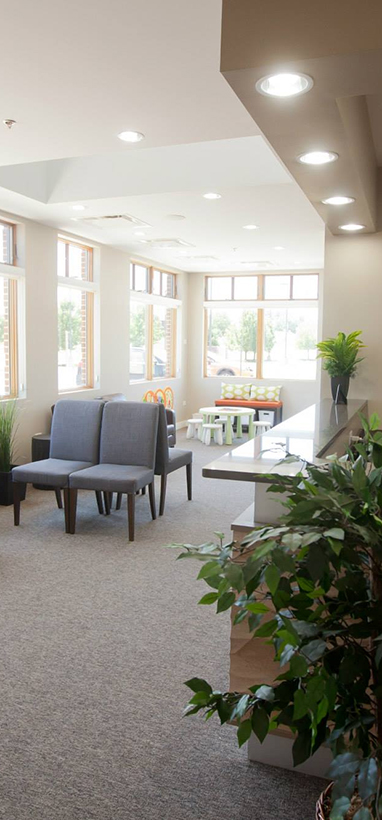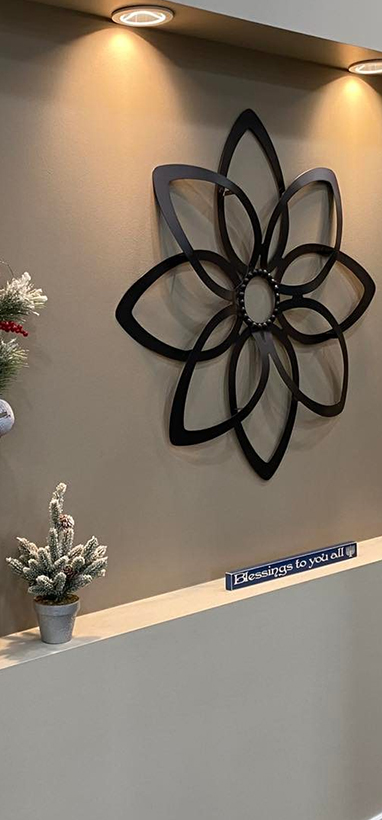1516 Legacy Cir, Naperville, IL 60563
Is Teeth Whitening Safe?
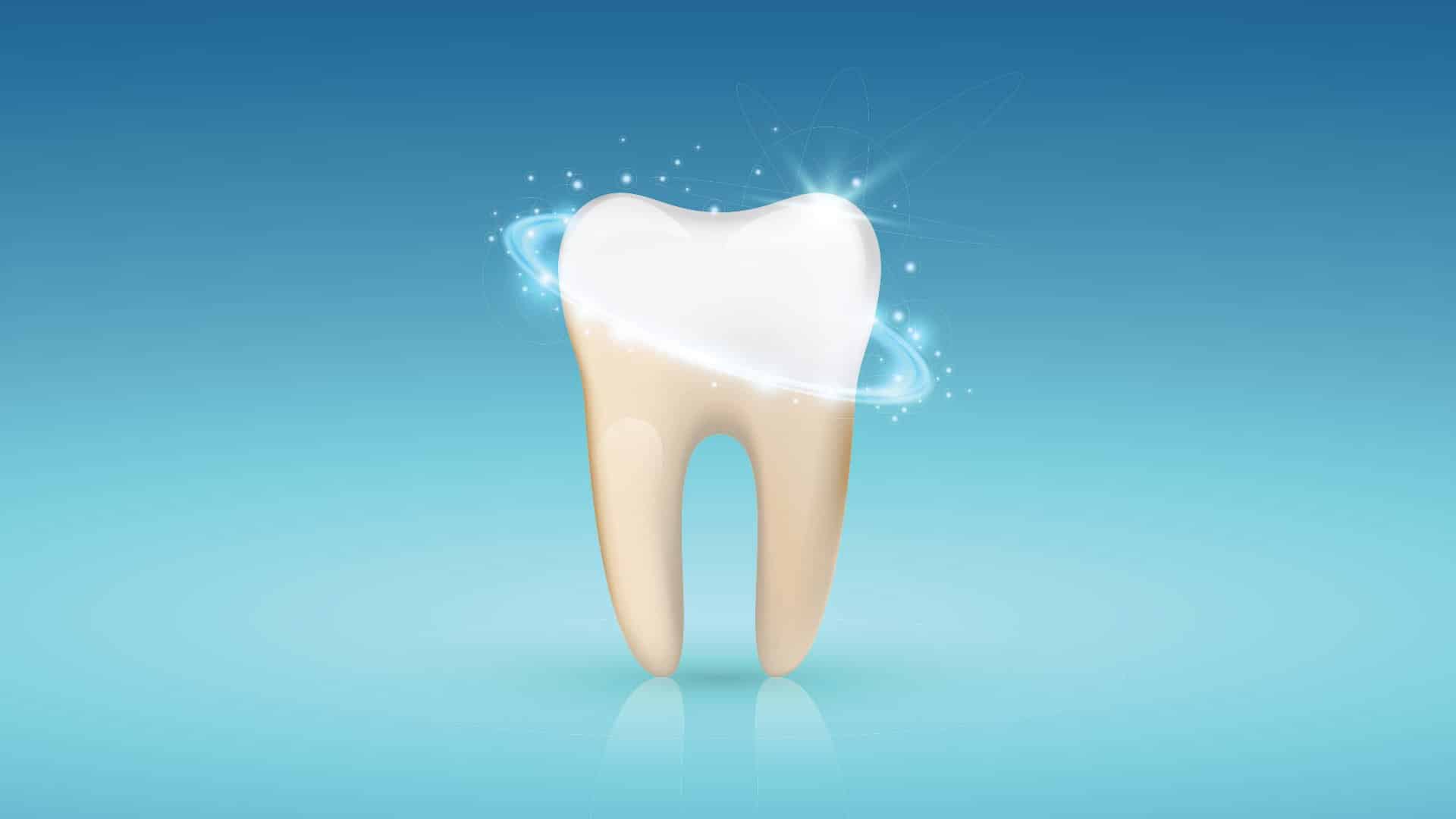
Is Teeth Whitening Safe?
Teeth whitening is one of the most commonly requested treatments by patients. There are many safe ways to accomplish a bright smile either in the dental office or at home. It is, however, recommended that the products used to whiten the teeth are administered or recommended by a dental professional in order to stay safe.
Products advertised on social media are not always suggested for use. Make sure to look for the ADA seal of acceptance or ask a dentist before starting an at home treatment. The ADA, American Dental Association, has safety requirements that must be met in order for a product to receive the seal of acceptance.
Another important factor to consider is following the recommended guidelines for each specific product. Patients may experience unfavorable side effects from using a treatment for more time than recommended. Always be sure to follow instructions for the safest results.
Another recommendation for the best, safest results is to have a dental cleaning and exam prior to starting any whitening treatment. Your dentist and hygienist can identify if you are a good candidate for teeth whitening. Also, having a professional cleaning done before your whitening treatment will give the best results because surface stains will be removed.
Teeth Whitening Risks
Even when instructions are followed, there are still risks with teeth whitening treatments. Risks of whitening include sensitivity, uneven whitening, sensitive gums, or other side effects. Sensitivity is common after whitening treatments with a higher concentration of hydrogen peroxide. If sensitivity occurs, temporarily postponing further whitening treatments is recommended. Sensitivity can also be found in patients with severe decay. It is recommended that the decay is treated before proceeding with any whitening treatments.
Teeth whitening is not recommended for patients with developmental tooth disorders, patients with restorations on their front teeth, or patients with braces because uneven whitening could be the result. Certain genetic disorders or decalcified spots on the teeth will not whiten the same as strong, healthy enamel. Patients with crowns or veneers on their front teeth are not the best candidates for whitening because these materials will not change color. However, if a patient with veneers is interested in whitening their natural teeth, they must understand that their restorations will remain the same.
Patients who are currently in metal braces are not good candidates for whitening because only the part of the tooth that is exposed will be whitened, causing an nonuniform effect. Another risk with teeth whitening is sensitive gums. If any of the whitening treatment gets on the gum tissue it can cause irritation. Lastly, whitening is typically not recommended for patients who are pregnant. There is not extensive research on this topic, but it is best to avoid elective treatments just to be safe.
Teeth Whitening Risks
There are a variety of options when it comes to teeth whitening treatments. Options for teeth whitening methods include in office treatments, whitening pens, whitening strips, whitening toothpaste, and more. In office treatments, although they’re usually the most expensive, are the quickest way to whiten teeth effectively. Treatments done by a dental professional typically include a light to activate the whitening solution. Although these treatments create the most dramatic results, it can take a few visits to achieve the desired shade.
Whitening pens, strips and toothpastes are options that can be used at home. Whitening pens contain a solution that can be applied by twisting the pen to dispense the product and painting it on the teeth. Whitening strips are applied to the teeth, usually for about 20-30 minutes maximum, and then removed. Whitening toothpaste is a treatment that can be used daily because it is one of the most mild options. Whitening toothpaste typically does not give drastic results, but it can help maintain the desired shade achieved from other whitening treatments. Whiter teeth can also be achieved by avoiding food and drink that stain the teeth, maintaining good oral hygiene, and going to a dental hygienist for routine cleanings.
Are Teeth Whitening Pens Safe?
You might wonder if teeth whitening is safe when you use whitening pens. Whitening pens are safe to use as long as the directions provided are followed. Purchasing from professional brands and reputable sources is a great way to ensure that the whitening pen being used is safe. Whitening pens are a great option for patients looking for a quick, affordable option to brighten their smile.
The solution can be applied on-the-go without much preparation or clean up. It is important to keep in mind that eating and drinking is typically not recommended for about 20 minutes following application for best results. Most whitening pens can be used daily for a couple weeks at a time.
Are Teeth Whitening Strips Safe?
You might also wonder if teeth whitening is safe when you use whitening strips. Similar to whitening pens, whitening strips are also a safe, affordable option as long the instructions are followed. Most whitening strips recommended limiting use to one box per year. If gum irritation, tooth sensitivity, or other side effects occur it is best to discontinue treatment. Using the strips more than the recommended amount of time can cause damage to the enamel. If the desired whitening shade is not being achieved from at-home methods, trying an in-office treatment can boost results.
Is Charcoal Whitening Bad For Teeth?
And finally, you might wonder if teeth whitening is safe when you use charcoal whiteners. Charcoal whitening has been a very popular trend seen on social media in recent years. When choosing a toothpaste it is important to choose one that has many benefits for oral health. Toothpaste containing fluoride is recommended for most patients because it helps prevent cavities.
A charcoal toothpaste with a low abrasive level and fluoride could be a safe option to use. Each product varies slightly, and in some cases charcoal toothpaste is too abrasive to be used daily. Toothpastes are ranked by their abrasiveness on the RDA scale. RDA stands for relative dentin abrasion. Low to medium abrasive ness ranges from 0-100. Anything ranked on the scale from 101-150 is considered highly abrasive. Products ranked 150 and above are considered dangerous. Doing research on a specific product’s ranking is a great way to ensure that the paste does not have an abrasive level that is too high.
As mentioned earlier, the best way to ensure safeness of any product is to look for the ADA seal of approval or to ask a dentist. Schedule an appointment today to see how you can whiten your smile!



